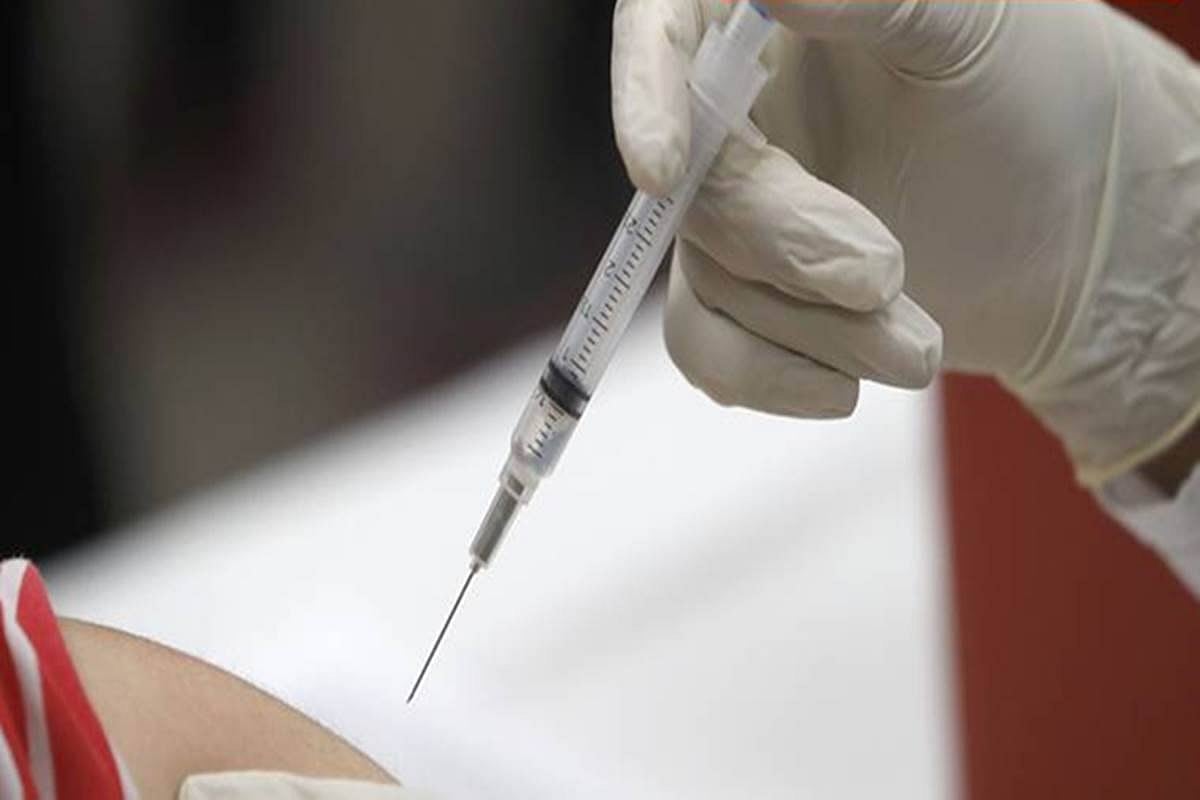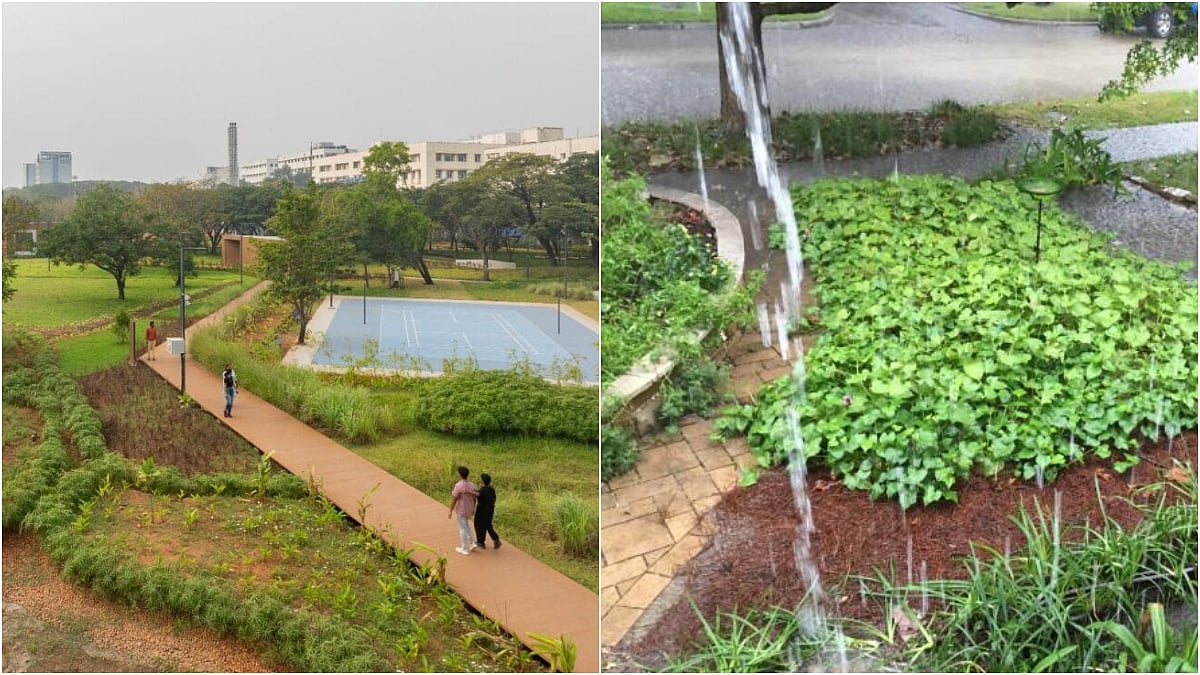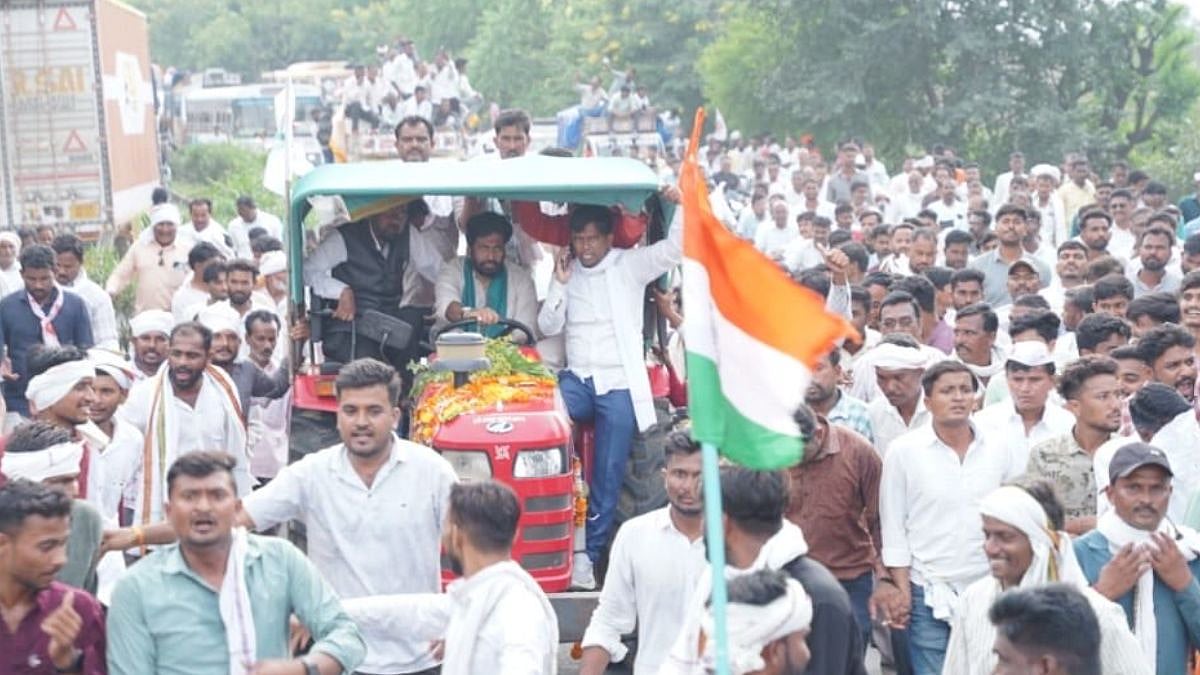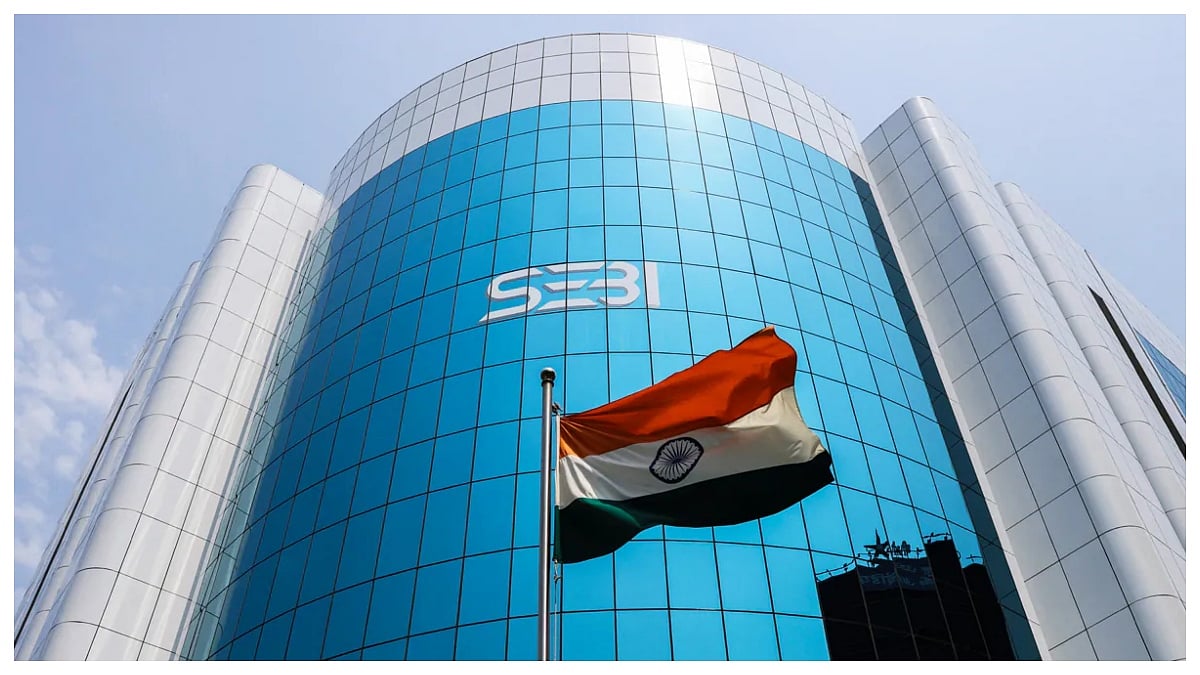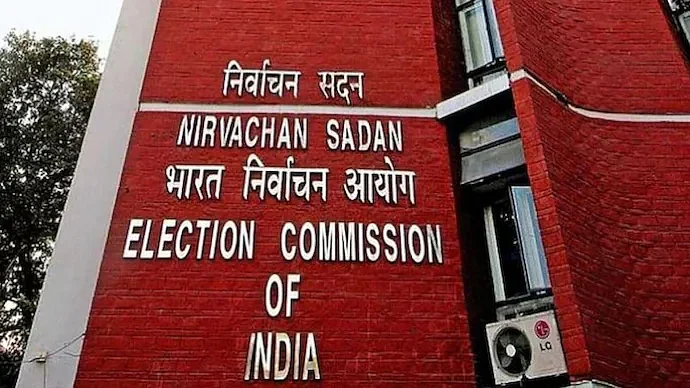Even as researchers and pharmaceutical manufacturers get closer to having a market-ready vaccine for the SARS-CoV2-coronavirus – or the Covid-19 virus, as it is popularly known – India might find itself fighting the battle against the virus on two fronts. On the one hand, the number of cases are showing a worrying resurgence, while on the other, India may find itself being elbowed out by richer nations as and when a vaccine does become available. The immediate battle is containing the spread of the virus, in which there have been some setbacks, as the country removes most restrictions in a bid to revive economic activity.
India has crossed the milestone of 9 million total cases, putting us in the third position, behind the United States and Brazil. On top of the over 1.3 lakh Indians who have already succumbed to the virus, nearly 4.5 lakh patients are currently under treatment. This has put a tremendous strain on hospital infrastructure. While Ahmedabad has clamped a 60-hour curfew in a bid to contain the surge, the situation in Delhi is alarming, with the ICU capacity for Covid-19 patients almost exhausted. With the state government moving to reserve 80 per cent of the available ICU bed capacity for Covid-19, those suffering from other ailments and in need of critical emergency care have been put in a life-threatening situation.
Meanwhile, the jostling has already begun to corner supplies of potential vaccines. The European Union could pay more than $10 billion to buy hundreds of millions of doses of vaccines from Pfizer Inc. and its German partner BioNTech SE, and CureVac NV. The US had bought out the entire global supply of Remdesivir between July and September, before the WHO put out an advisory that the drug has shown little efficacy in reducing coronavirus fatalities. Outgoing US President Donald Trump had sought to even buy out potential vaccine developers to secure supplies for the US. Despite the impending regime change, pressure on the incoming President Joe Biden to demonstrate success against the virus may push the US to flex its enormous political and economic muscle to secure supplies for its own citizens.
This puts India, which is the major producer of all types of vaccines and the supplier of low cost vaccines to more than 60% of the developing world, in a bind. Indian vaccine manufacturers like the Pune-based Serum Institute – the world’s largest vaccine manufacturer – have already started manufacturing and stockpiling the Oxford University-Astra Zeneca vaccine against future approval, but half of the output is already committed to overseas buyers.
With rich nations using money power and poor ones putting diplomatic pressure on India to save them – experts say that without India and its ability to mass produce vaccines at low cost, poorer nations will be unable to access enough vaccines for their populations – the pressure on India to walk the tightrope between self-interest and global saviour would be intense. Our own needs are huge. To reduce fatalities, the high-risk category of frontline health workers, people with co-morbidities and senior citizens will have to be immunised first, or over 40 crore people.
Manufacturing, storing, transporting and delivering the vaccines, many of which require to be stored and transported in temperatures as low as minus 80 degrees Centigrade, poses a logistical, infrastructural and operational challenge of a kind which India has never faced before. There is also the financial aspect. With the Serum Institute indicating that the vaccine may cost Rs 1,000 per person for the two-dose programme, just taking care of the first set of vulnerable people may end up costing over Rs 40,000 crore for the vaccine alone, not to speak of the massive funds required to create the cold chain infrastructure as well as the cost of transport and distribution. Over and above this is the cost of India’s global humanitarian commitment, with Prime Minister Narendra Modi having already assured the UN that India’s vaccines will be available to “all of humanity”.
India needs to be ready with its response to meet the challenges on all fronts. While a taskforce headed by NITI Ayog member Vinod Paul has been set up to work on the distribution strategy, there are no signs that the government machinery is moving with the requisite speed to meet the challenges. Concrete funds for vaccine procurement and supply are yet to be allocated. No tenders, for instance, have yet been issued for creating the requisite infrastructure.
Apart from storage and transport, even delivery will need billions of glass vials, syringes and needles, which will have to be manufactured first. Given India’s tardy decision-making, these calls need to be taken on a war footing. Diplomatically, too, India must move with alacrity to ensure that despite being the word’s manufacturing base for vaccines, it is not outgunned by richer nations. We cannot afford to repeat the mistakes of the initial response to the Covid-19 pandemic – of too early and strict a response, only to unravel later.
